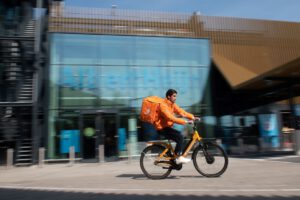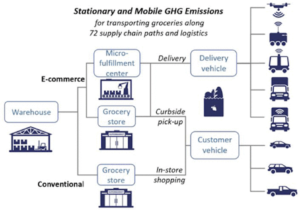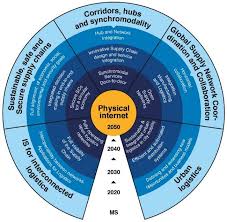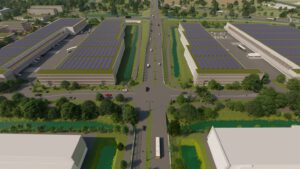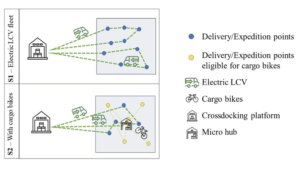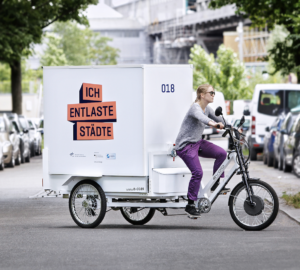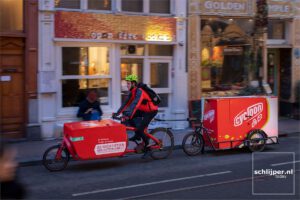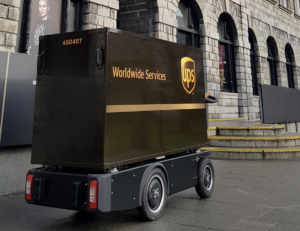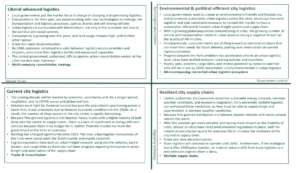4.0 technologies in city logistics: an empirical investigation of contextual factors
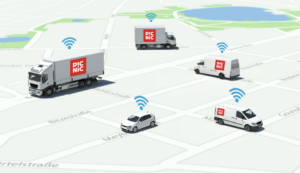
Industry 4.0 technologies, originally developed in the manufacturing sector, can be purposefully implemented to improve City Logistics (CL) processes by automatizing some of their operational tasks and enabling the real-time exchange of information, with the ultimate goal of providing better interconnection among the actors involved. The digital transformation that logistics networks face offers new opportunities …

